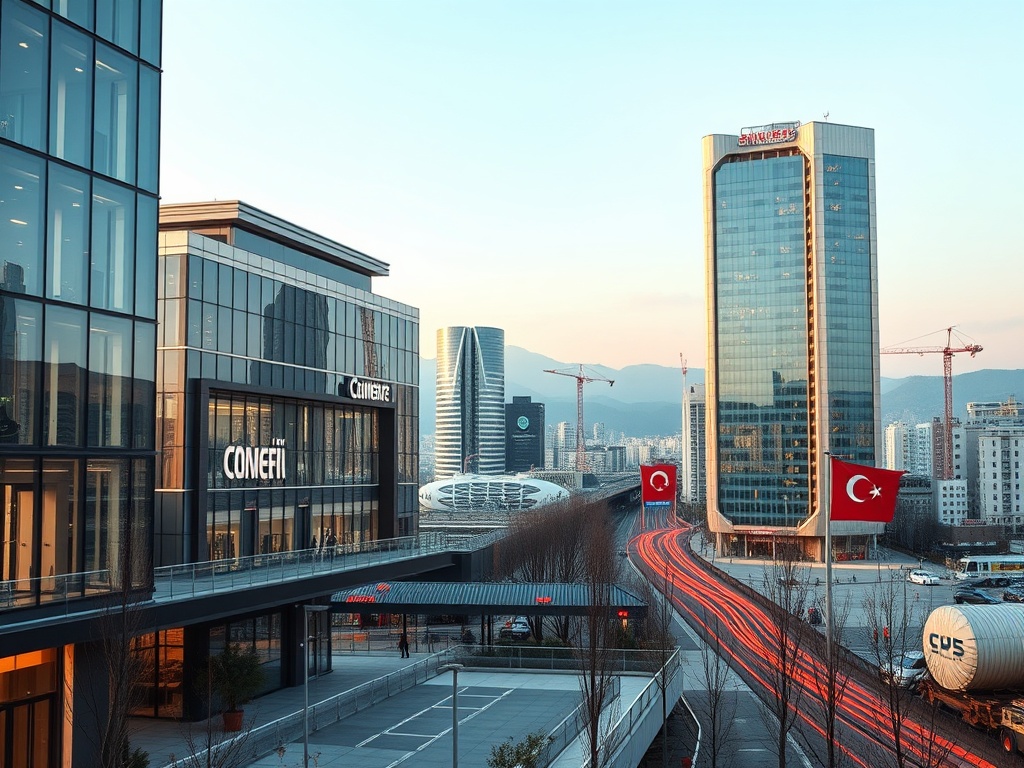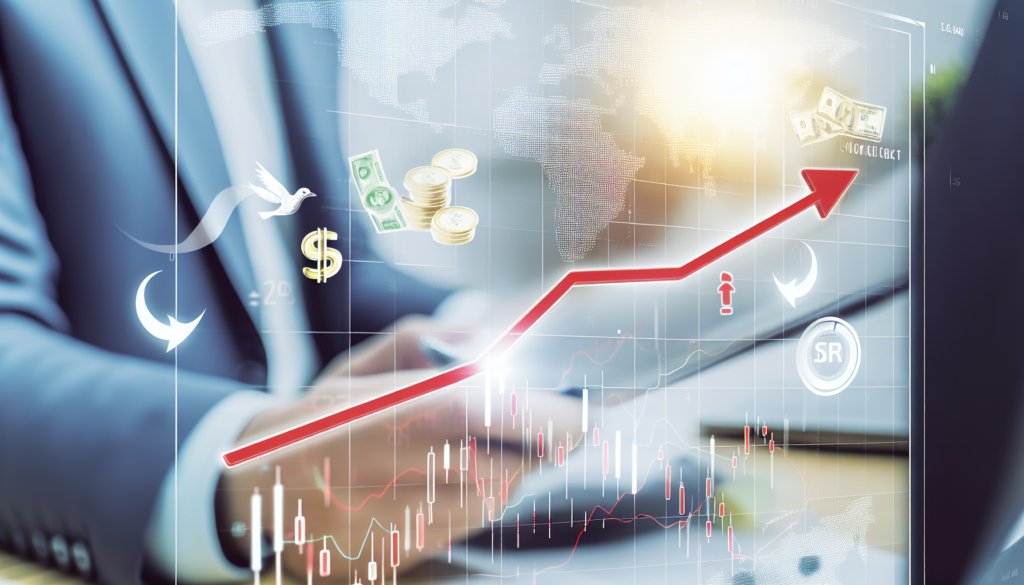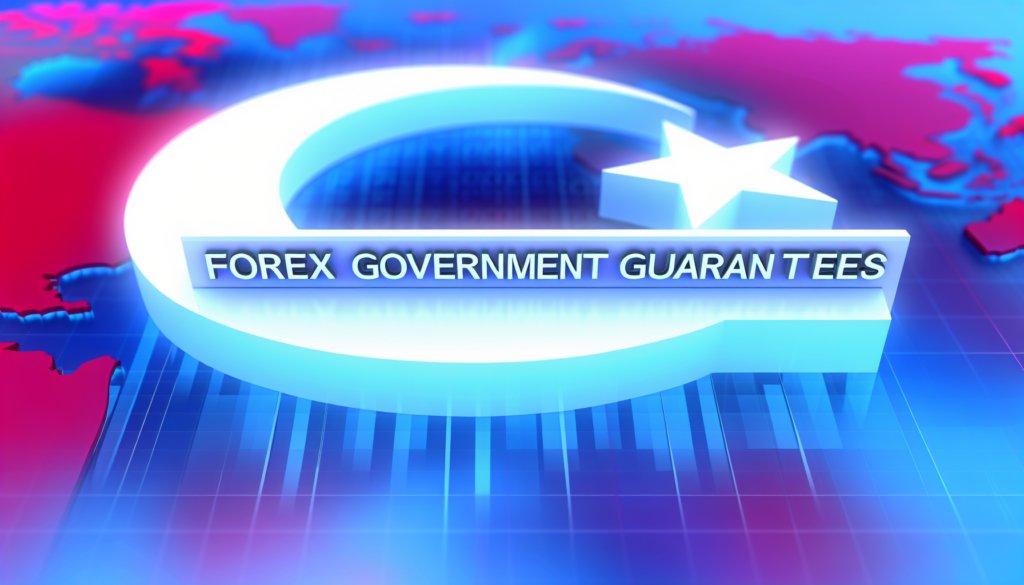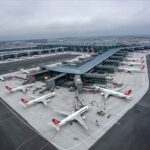How did Trump save Apple from the brink of crisis?
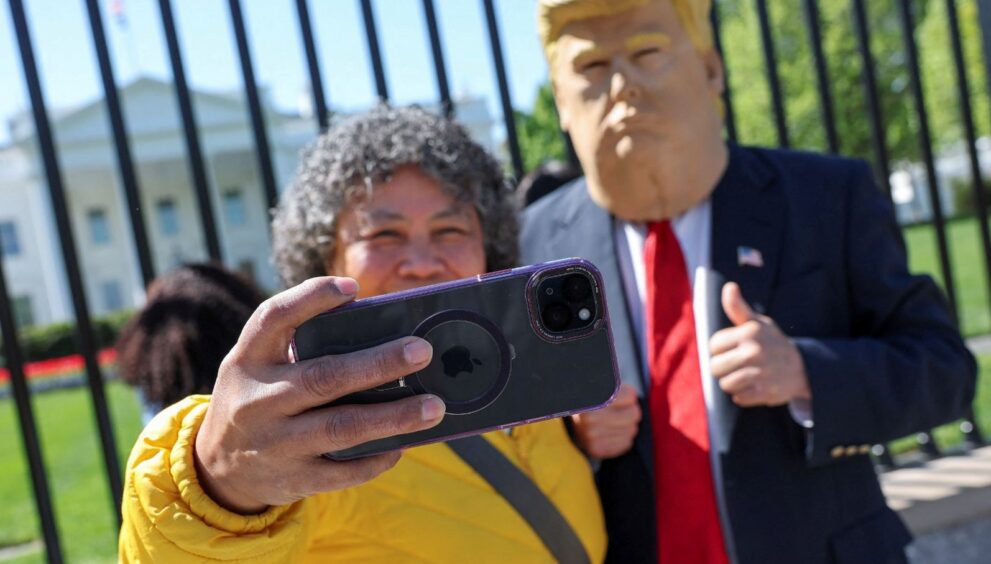
The exemption from tariffs imposed by President Trump on certain technological products provided some relief for Apple, but a sense of uncertainty persists.
As part of the regulations regarding reciprocal customs tariff imposition by the administration of President Donald Trump in the US, exempting certain technology products such as smartphones, computers, and chips from additional customs duties has created a short-term relief, especially for some companies. One of these companies was Apple. According to Bloomberg, before Trump’s exemption decision, Apple was already on the brink of crisis. The exemption decision, however, has momentarily averted what could have been the biggest crisis faced by the company since the pandemic began. The reason behind this was the company’s dependency on China for production. This is because Trump’s announced 125% tariff on products manufactured in China could have disrupted Apple’s supply chain. “THIS IS A HUGE RELIEF FOR APPLE” According to Bloomberg’s assessment, although new and lower sector tariffs for products including semiconductors, i.e., chips, were in effect, and a 20% tariff for China remained, the recent change made by the Trump administration was a win for the consumer electronics sector largely reliant on China for production, such as Apple. Evercore ISI analyst Amit Daryanani, in a note shared on Saturday, stated, “This is a huge relief for Apple…Tariffs could have raised material cost inflation.” APPLE’S PLAN B WAS INDIA Before the latest exemption was granted, Apple had a plan in place in response to tariffs. The company was set to increase iPhone production in India to be sold in the US. This way, the company’s products would face a lower tax rate. The existing facilities in India have a capacity to produce over 30 million iPhones annually. Apple sells 220 million to 230 million iPhones every year, with about one-third of the sales going to the US. On the other hand, the company is planning to predominantly manufacture the new iPhone 17 in China. Due to this, concerns were rising regarding Apple’s operations, finance, and marketing departments over the launch of new phone models. If Trump did not secure the latest tariff exemption, the company would have had to move most of the iPhone 17 production to India or another country. While this was still possible, it could have led to price increases for the products. WILL CHINA RETALIATE? Despite the recent sense of relief, there is still a feeling of uncertainty lingering. Since it is considered possible that the White House policies may change again, Apple might need to make more drastic changes. On the other hand, worries persist that rapidly moving Apple’s production from China to another country could trigger retaliation from Beijing. Apple generates about 17% of its revenue from this country and has dozens of stores in China. Concerns arise that this could pose a problem for Apple, especially given China’s initiation of investigations concerning competition issues with other US-based companies.


